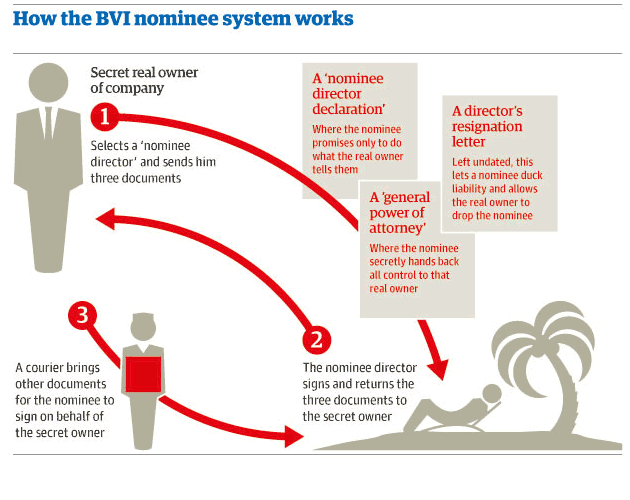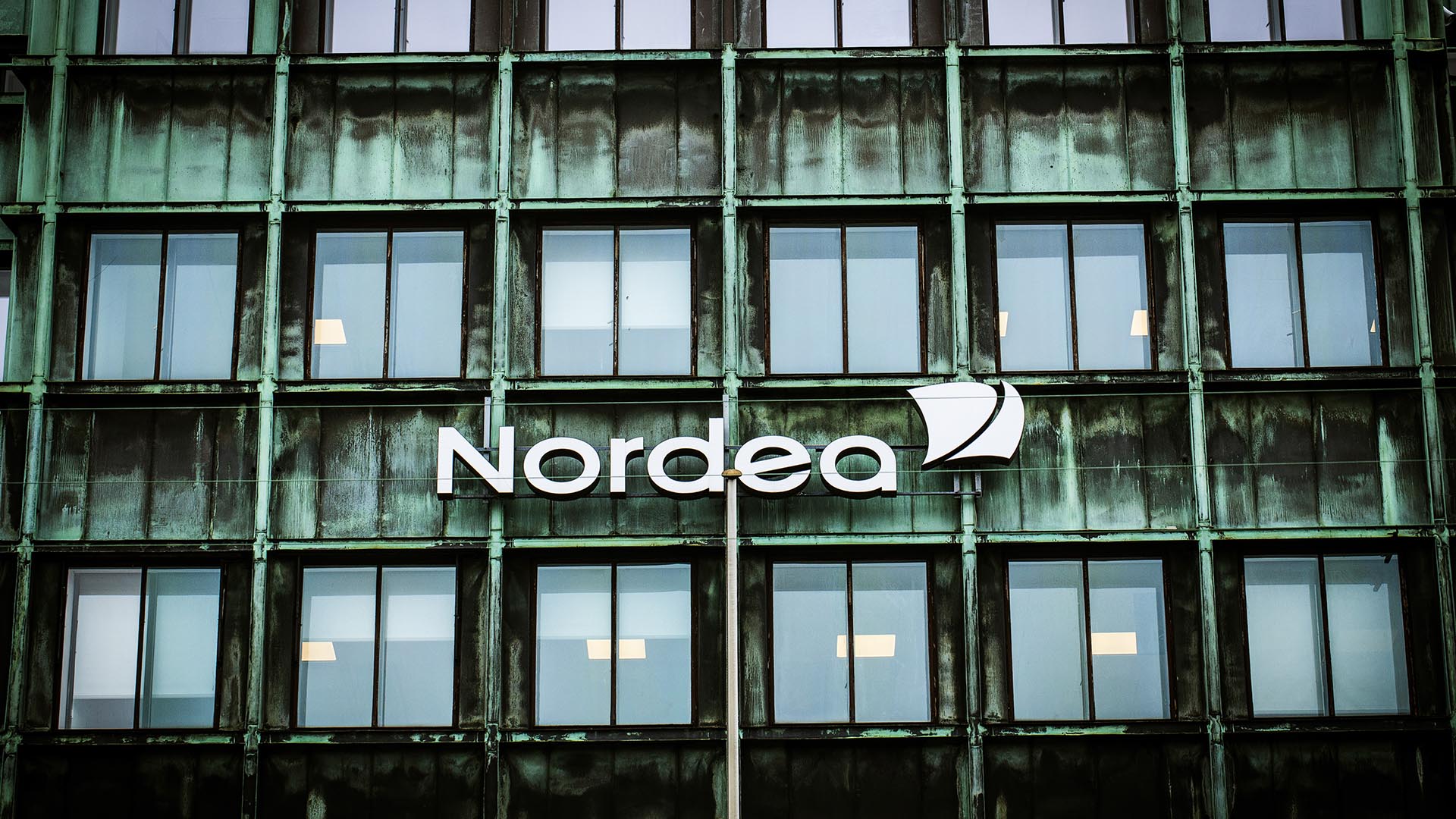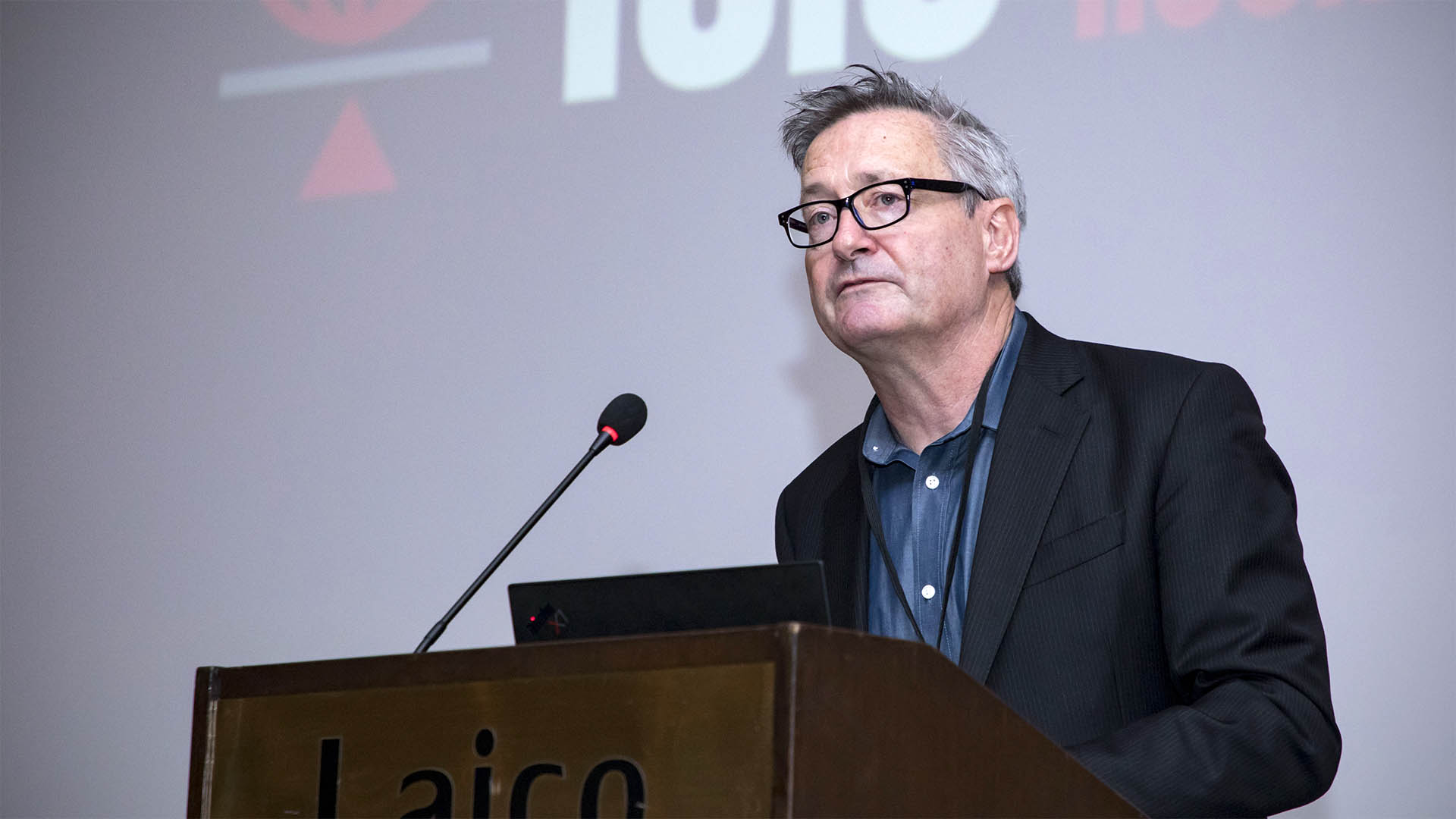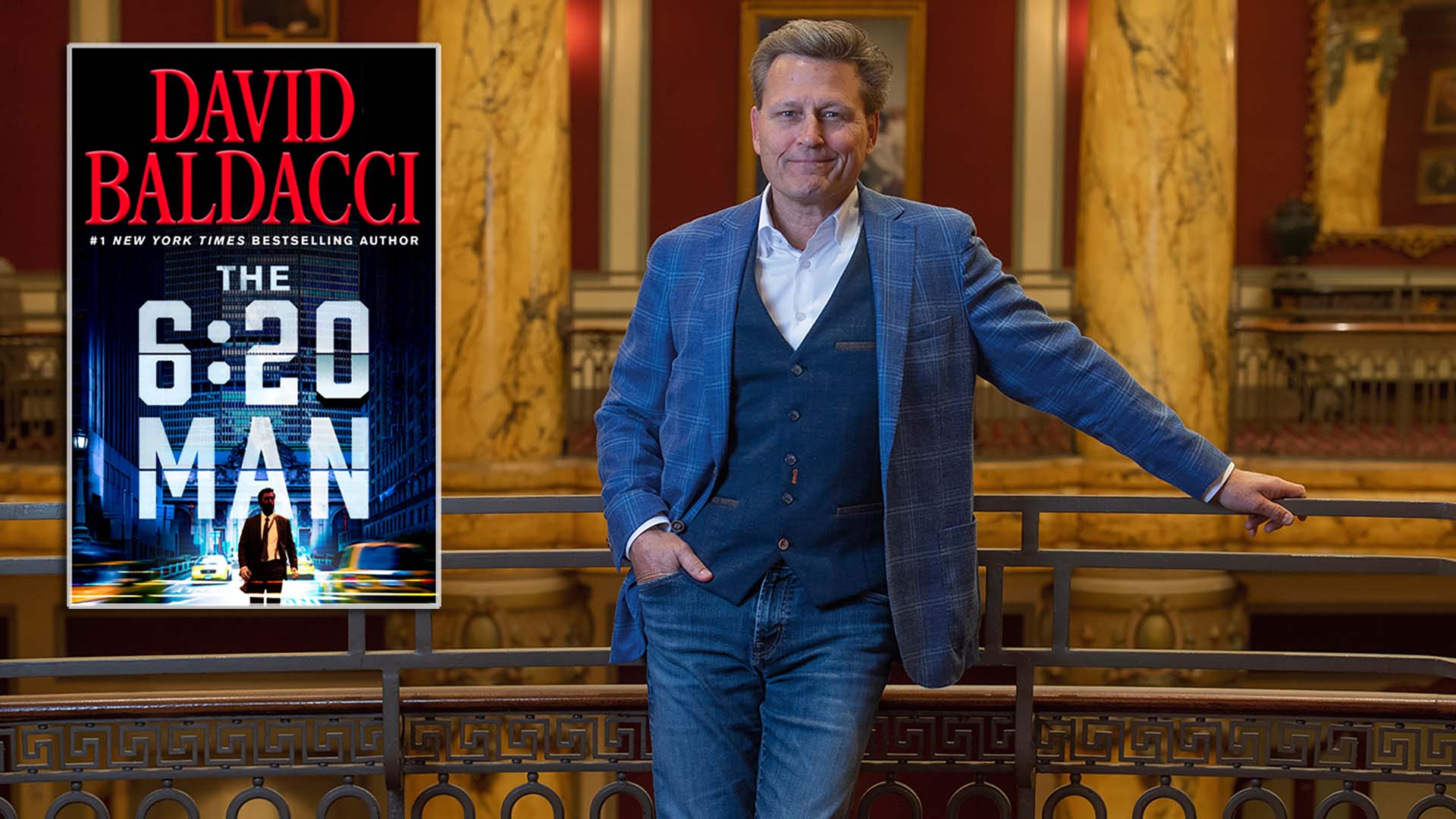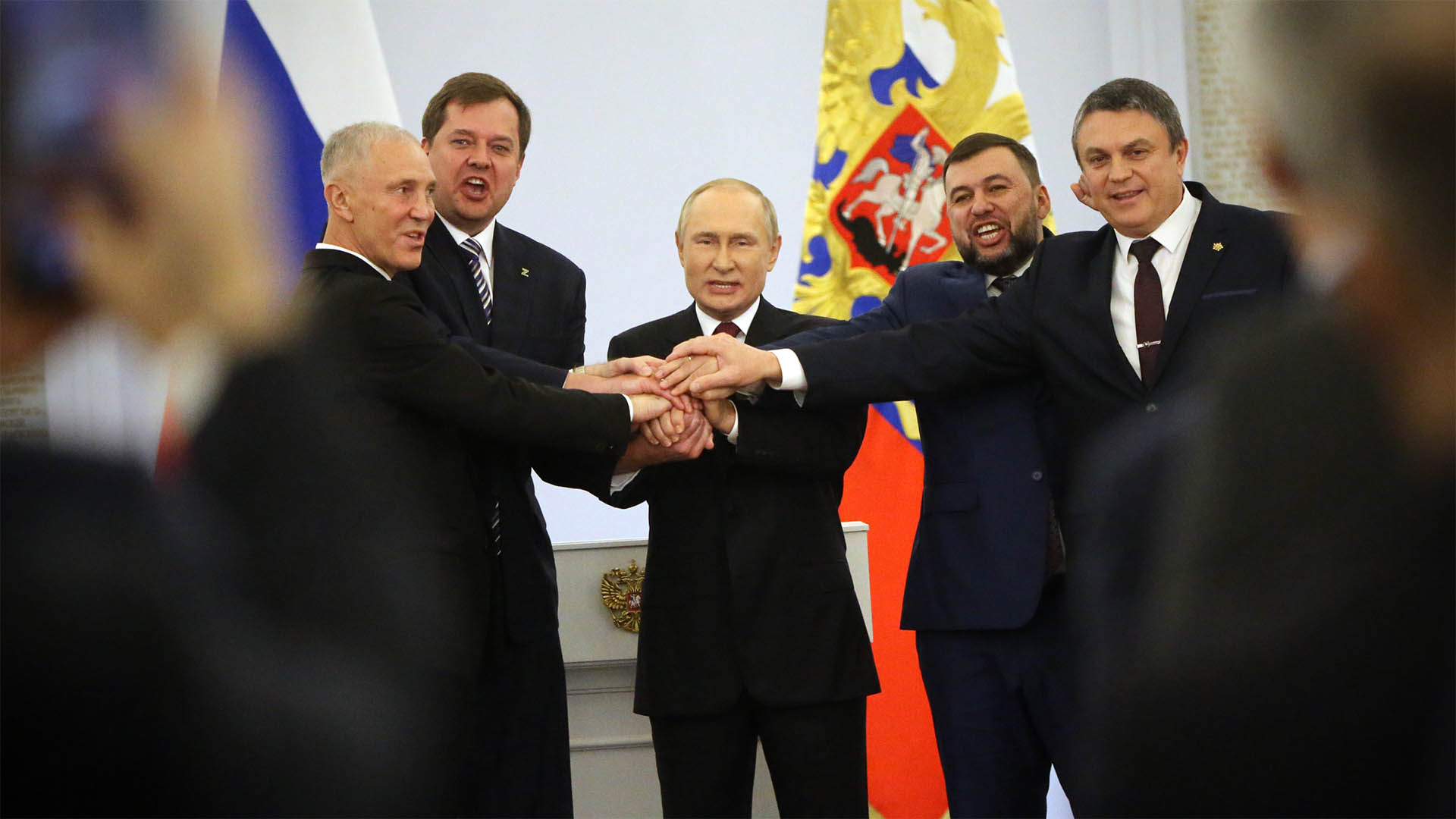Three pieces of paper allow companies’ real owners to hide behind ‘nominee’ directors.
Nominee directors are not actually illegal, and can sometimes be useful, for example in preparing “off-the-shelf” ready-made companies. But the legal conjuring trick behind the BVI nominee system opens the way to abuses. It depends on three pieces of paper.
1. A promise by a nominee director only to do what the real owner tells them.
A characteristic “nominee director declaration,” used in 2010 by the Vanuatu-based Taylor organization, reads like this:
I, Ian Taylor, Director BRAD LAND LIMITED, having agreed to the appointment as Director of a company duly incorporated under the laws of the British Virgin Islands. . . . hereby declare that I shall only act upon instruction from the beneficial owners.
2. Under a “general power of attorney” the nominee secretly hands back all control to that real owner.
This typically allows them:
To transact, manage and do all and every business matter. . . . To open any bank account and to operate the same. . . . To enter into all contracts. . . . To collect debts, rents and other money due. . . .
That example, signed by a Nevis-resident nominee director in 2005, gives back control of a BVI offshore company, Kordwell Holdings, to its secret Russian owner, 36-year-old Vladimir Bugrov in Moscow.
Offshoring agencies assure their customers that the truth about such arrangements will never get out. One typical agency, Fletcher Kennedy of Haslemere in Surrey, explicitly advertises: “Both the power of attorney and nominee director agreement are confidential documents designed to ensure our clients’ privacy.”
The more brazen nominees favor residence in self-ruling havens such as Vanuatu or Nevis because they aim to be beyond the reach of the developed world’s tax and legal authorities. But they avoid the BVI itself. Because the BVI recognizes British law, local residents could in theory be vulnerable to claims of legal liability from creditors and others.
One offshoring agency owner told Russians, his biggest customers according to our sources, that the only people prepared to provide such secret general powers of attorney were those Britons who had emigrated from Sark to more far-flung jurisdictions across the globe.
3. The third commonly-used document is a signed, but undated director’s resignation letter.
This supposedly enables a nominee to duck liability in the event of any trouble.
Ted Cocks and Joseph Sparks, for example, who share a flat in London’s east end, say this was the only one of the three documents they ever signed, as nominee directors of more than 200 Russian companies, and that they were never involved with the more exotic nominee practices.
David Leigh is a member of ICIJ. This story was also published in The Guardian.
